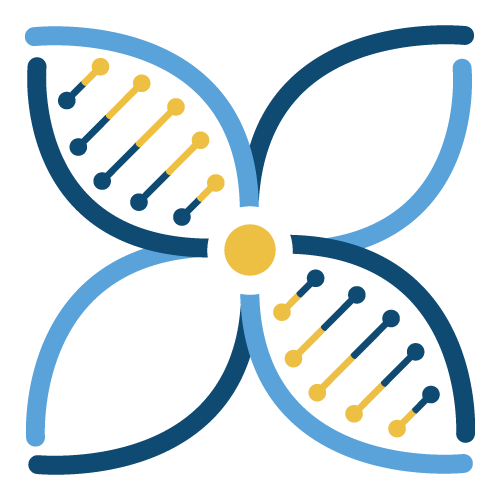Research
Other Studies

In collaboration with our Medical Scientific Advisory Board, the BSA shares opportunities to get involved with ongoing research studies. New studies are shared via our mailing list.
If you are a researcher and would like your study featured here or would otherwise like us to know about your research, please contact us.
Diagnosis and longitudinal follow-up of families with possible cancer predisposition syndromes – PARTICIPANTS NEEDED!
The purpose of this study is to learn more about the genetic makeup of cells in patients who may have a propensity to develop cancers, and to characterize the impact of mutations on both normal and cancer cells. This long-term study will allow researchers to track changes in the DNA of persons with Bloom syndrome and their biological parents.
The study is led by Dr. Vivian Chang, Co-Director of the UCLA Pediatric Cancer Predisposition Clinic. Annual blood sample data is maintained in a participant registry, allowing researchers to observe how mutations change or accumulate over time. The belief is that persons with Bloom syndrome change or accumulate gene mutations at a more rapid rate than those in the general population, leading to cancer and/or other medical complications.
Blood sample kits are mailed to participants each year and taken to a medical provider for sample collection. Samples are then mailed back to the research team with a prepaid mailing label. Observations of changes in DNA may be shared with study participants and communicated in a supportive manner to help patients understand their genetic risk for cancer.
The National Center for Advancing Translational Science (NIH-NCATS) and the Hyundai Hope on Wheels Organization are providing funding support for this study. To participate in the study or get more information, please contact Dr. Vivian Chang at vchang@mednet.ucla.edu or call 310.825.0867.
Cancer treatment protocols – PARTICIPANTS NEEDED!
The Bloom Syndrome Registry and a team including Vivian Chang at the University of California, Los Angeles, are collecting treatment protocols used in Bloom syndrome cancers to understand which may be most effective. If you develop cancer, or if you or your child have had cancer in the past, contact the Registry and Dr. Chang at vchang@mednet.ucla.edu to provide information
Colon Cancer & Polyp Samples – PARTICIPANTS NEEDED!
Dr. Nathan Ellis’s lab at the University of Arizona recently received a grant from the Orphan Disease Center’s JumpStart program to create “organoids” (models) of healthy and cancerous tissues in Bloom syndrome.
These models are currently the best method to study human cancers and whether more effective, less toxic treatments might be available for persons with Bloom syndrome.
To participate, see the attached PDF.
